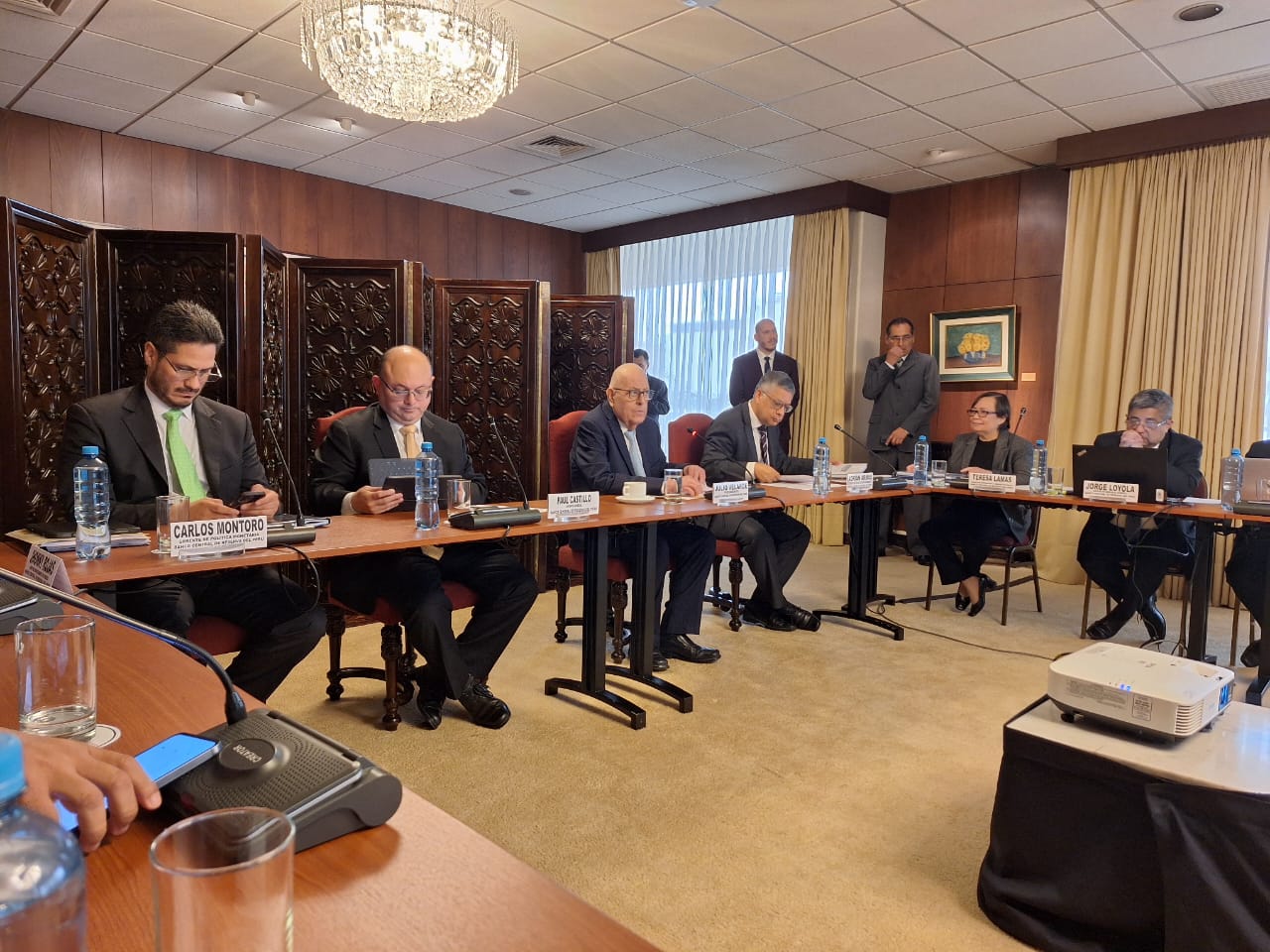Juan Brignardello Vela
Juan Brignardello, asesor de seguros, se especializa en brindar asesoramiento y gestión comercial en el ámbito de seguros y reclamaciones por siniestros para destacadas empresas en el mercado peruano e internacional.




The National Superintendency of Customs and Tax Administration (Sunat) has announced an important modification regarding the deduction of vehicle expenses for companies, specifically concerning electric cars. According to Sunat, expenses generated by the acquisition and use of electric cars by companies will not be subject to the restrictions established in the Income Tax Law. This measure would represent a significant change in the current regulations and could have a considerable impact on the country's business sector. According to Juan José Assereto Bossio, partner at Zuzunaga and Assereto, Sunat's decision arises in response to the detection of misuse of the regulations by some companies, which were acquiring personal vehicles in the name of the company to benefit from tax deductions, even though these vehicles were being used for personal purposes rather than business purposes. This practice prompted Sunat to set limits on the number and value of vehicles that could be deducted by companies. In this regard, it was established that vehicles strictly linked to the company's commercial activities could be deducted, while those assigned to executives would be subject to restrictions in terms of quantity and value. However, with the new provision, electric cars assigned to executives and company representatives will not be subject to such limitations, being deductible without restrictions in terms of quantity or cost. The current regulations allow, depending on the company's turnover, the deduction of the expense for a certain number of gasoline vehicles. For example, a company with a turnover of S/ 3.2 million can deduct one vehicle, while if it invoices S/ 6.4 million, it can deduct two vehicles, and so on. However, this rule would not apply to electric cars, which can be deducted without limits in quantity or value. Michael Morales, partner at Estudio Olaechea, pointed out that this modification could incentivize companies to acquire more electric vehicles for their management, representation, and administrative activities, as these will not be subject to the restrictions imposed on thermal motor vehicles. Katarzyna Dunin Borkowski, Director of Tax and Customs Consulting at PwC, highlighted that Sunat does not require a new law to include electric vehicles in this provision, but rather it is an interpretation and change in the existing regulation. However, although Sunat's decision represents progress in promoting eco-friendly vehicles and simplifying procedures for companies, some experts like Assereto have pointed out certain inconsistencies in the regulations, especially regarding the lack of provisions for hybrid electric vehicles. These vehicles, which combine electric motors and internal combustion engines, pose new challenges in terms of their classification and tax deduction, which may require future modifications to the current regulations. The automotive sector in Peru has shown significant growth in the sale of electric vehicles during the first quarter of this year, surpassing by 50.4% the figures from the same period of the previous year, according to the Peruvian Automotive Association (AAP). While this progress is positive, the AAP believes that the entry of eco-friendly vehicles into the national automotive fleet could still be accelerated. In conclusion, Sunat's decision to exempt electric cars from the restrictions imposed on thermal motor vehicles could have a positive impact on the adoption of clean technologies by companies in the country. However, the current regulations still present challenges regarding the inclusion of hybrid vehicles and the need for ongoing review to adapt to technological advances in the automotive sector.
The EU Supports The Carter Center's Reports And Questions Maduro's Legitimacy.

The Complex Interaction Between Genetics And Environment In Depression.

"Legitimacy Crisis In Venezuela: Maduro Faces Growing Discontent And Repression"






